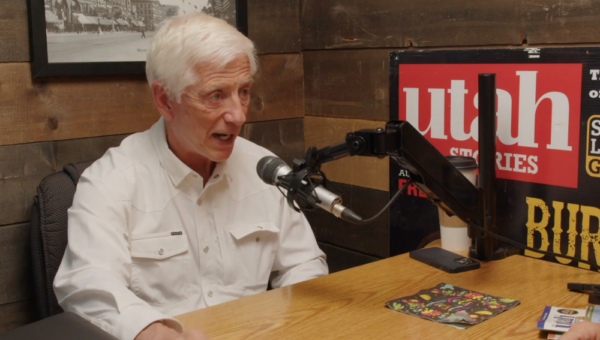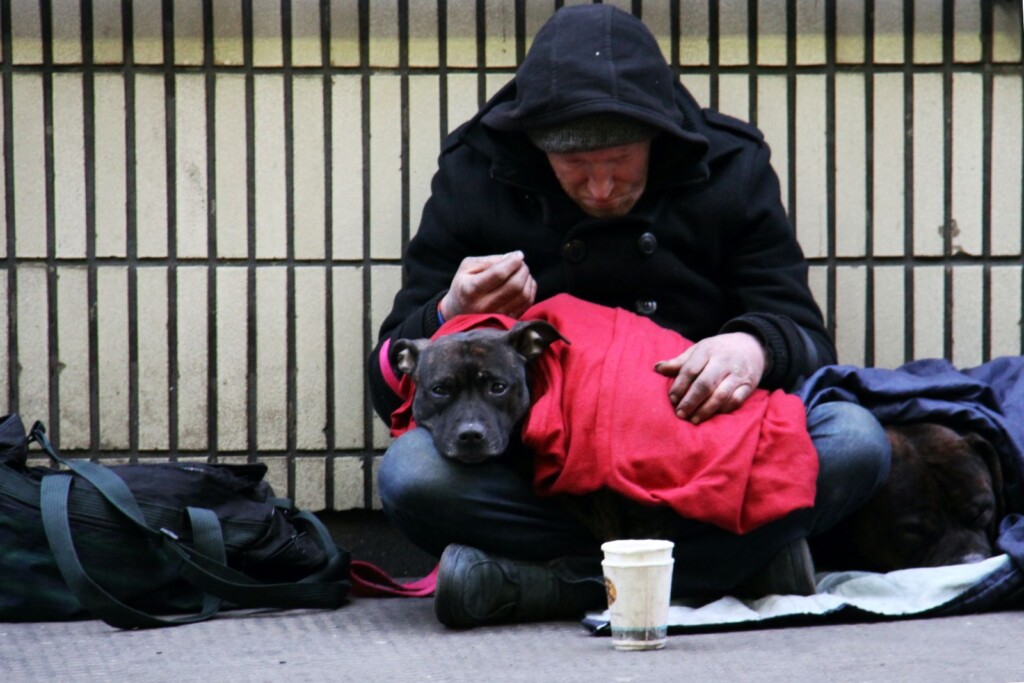Rich, the host of the Utah Stories Show, discusses the issue of homelessness and affordable housing with his guest, Rocky Anderson, former Mayor of Salt Lake City, who is currently running for Mayor again against Erin Mendenhall.

They highlight the increasing rents and lack of affordable housing in Salt Lake City, emphasizing the need for solutions to address the housing crisis, leading to a worker shortage for small, independent bars and restaurants.
Rocky suggests social or “non-market housing” as a solution, citing successful models in other parts of the world, such as Vienna. They also mention the idea of tiny home villages and the importance of community in addressing homelessness. Rocky criticizes the current approach to public housing projects and calls for focusing on mixed-income housing and removing profit margins from development to lower rents. They conclude by highlighting the benefits of affordable housing for the working class and the local economy.
The Inhumane Treatment of the Homeless
Rich and Rocky discuss the issue of homelessness and its impact on the community. Rocky criticizes the treatment of the homeless community, particularly the raids and confiscation of survival gear, which he considers inhumane. He also points out the lack of public toilets, highlighting that sanitation is a fundamental human right. They discuss the causes of homelessness, including income reduction and rising rents, and advocate for affordable housing to prevent homelessness.
Deteriorating Neighborhoods Due to Poorly Operated Public Housing
They express concern about the deteriorating conditions in the ballpark neighborhood, attributing it to the presence of homeless resource centers. Rocky suggests a unified plan for a homeless services campus, focusing on transitional housing and various support services. They discuss the challenges of finding a suitable location due to opposition from community members (NIMBYism) and the influence of developers. The conversation touches on the failures of the scattered site approach and the need for well-managed shelters. They highlight the success of Switch Point and Mill Creek homeless resource centers, emphasizing the importance of good management and providing employment opportunities. They speak of maintaining a social contract and enforcing rules in these centers. Rocky highlights these centers’ positive impact on individuals’ lives and suggests replicating their model on a larger scale. They acknowledge the magnitude of the homeless population and the need for increased resources and funding to address the issue effectively.
Compensation of “Public Servants”
Rocky expresses concern about the compensation of individuals in the Mayor’s office, particularly the community liaisons who receive high salaries despite their lack of experience. They discuss the misuse of taxpayer funds for political campaigning and the lack of unbiased reporting by the Salt Lake Tribune on the Mayor’s office.
They also touch upon the need for campaign finance reform and the influence of corporate special interests on both political parties. Rocky emphasizes the importance of public engagement and holding politicians accountable. They highlight the role of the media in shaping public opinion and criticize the lack of coverage of critical local issues, such as homelessness.
The conversation also delves into national politics, discussing the need for young and values-driven leaders and the failures of the Democratic and Republican parties. They call for greater emphasis on public interest, universal healthcare, and reduced military spending. The podcast concludes with Rocky urging individuals to participate and make a difference in their communities.


